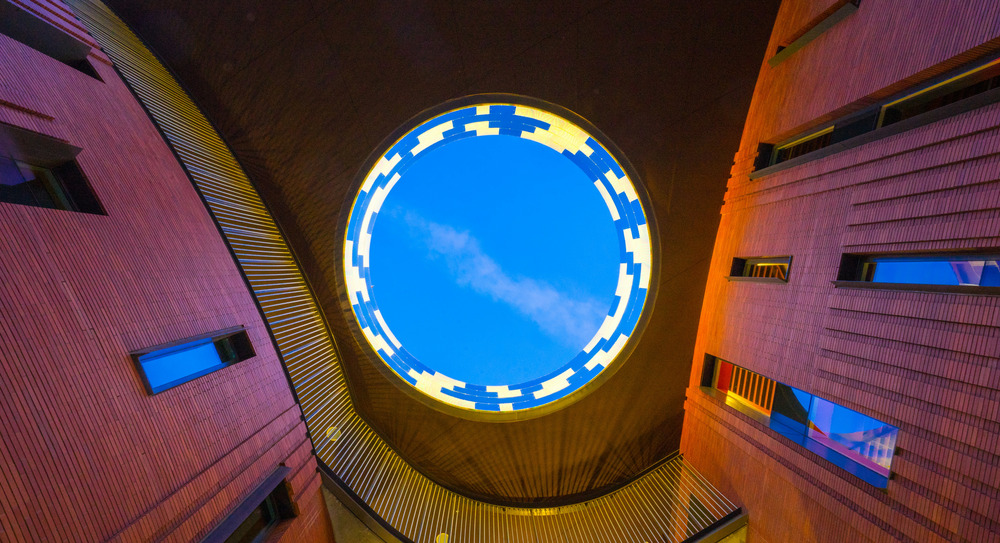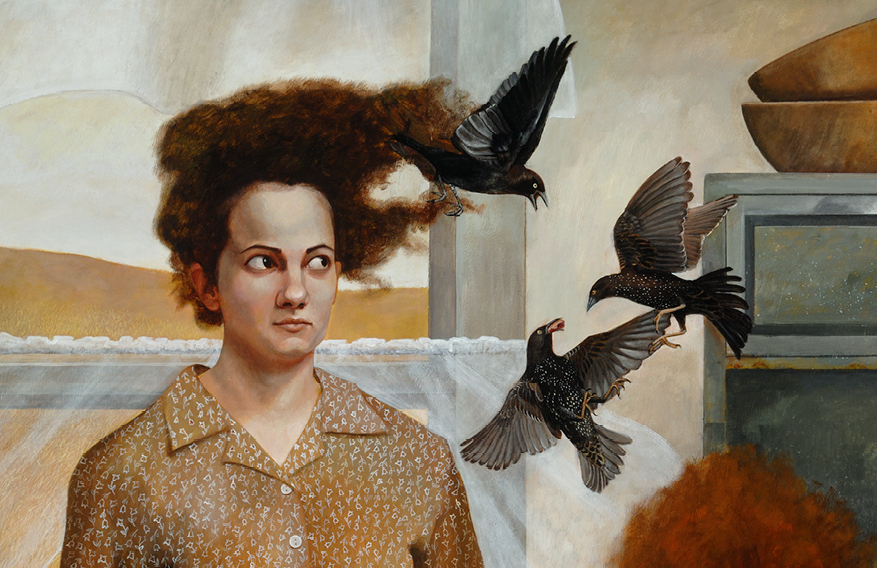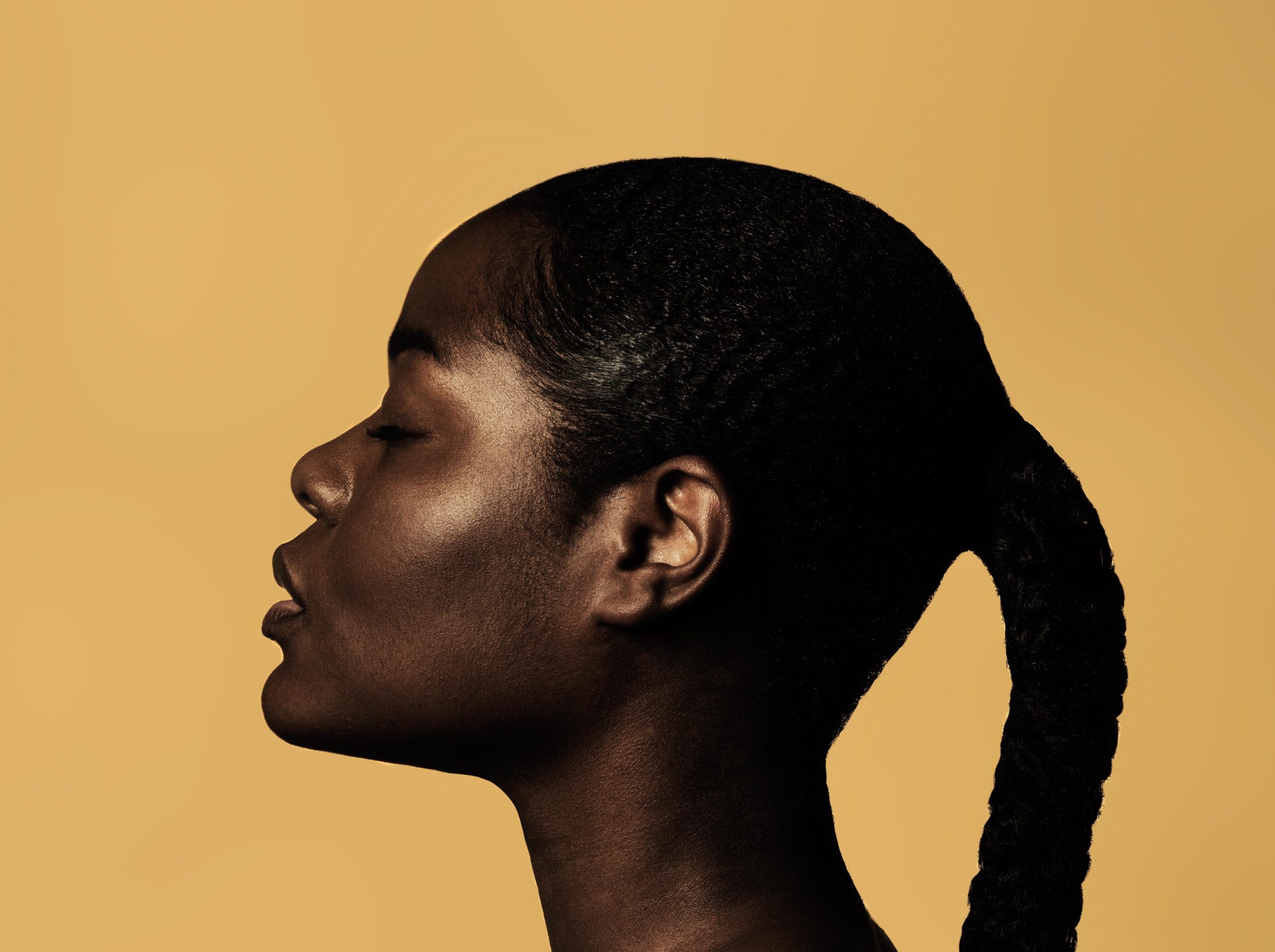news
E. E. Cummings Literally Invented “Partying”
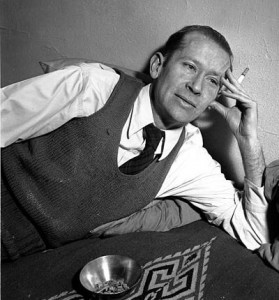
There was an “extraordinary explosion of language” in the 1920s, said Sarah Churchwell yesterday on BBC’s World Update. Churchwell, author of Careless People: Murder, Mayhem, and the Invention of The Great Gatsby, explained that words like “mass media,” “Hollywood” (to described the movie industry), and some of our favorite slang emerged during the prohibition era.
“Using ‘wicked’ as a term of approval” was first recorded in Fitzgerald’s 1920 novel This Side of Paradise, said Churchwell. And the act of partying (as a verb) was first used by E. E. Cummings in a 1920 letter describing how he’d “partied” in Paris.
“To say ‘We partied last night and it was wicked,’ we might think of as a very modern way of putting something, but in fact it is a way they could have put it in 1920,” said Churchwell.
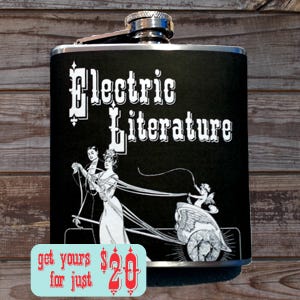
General misbehavior and lawlessness (ie “partying”) also became the norm during the prohibition, and “a kind of bohemianism that goes mainstream for the first time.”
Inspired by the amount of drinking and the ways to talk about it, Edmund Wilson, a critic and a friend of Fitzgerald, compiled the Lexicon of Prohibition, a hierarchical list of then contemporary words to describe being drunk. The list includes “jazzed” and “edged,” and words like “embalmed” or “buried” came into play if you were dead drunk.
While you can’t go to a wicked party with Cummings and Fitzgerald, since they’re literally already “embalmed,” you can still get “squiffy” prohibition style. Go get lit with a flask from Electric Literature!
***
– Benjamin Samuel is the co-editor of Electric Literature. He is also occasionally a shill, willing to endorse swilling with the aid of EL’s fine, branded merchandise. Find him on Twitter.






